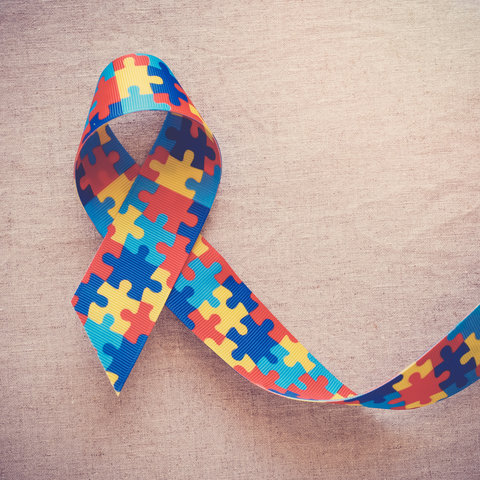
INSIGHT: Differences Are Not Deficits
By Jamie Andrus, Assistant Director of Well-Being
It probably comes as no surprise that, as a teacher, one of my favorite ways to engage with others is through teaching and learning. So, it follows that one of my favorite things about working at EPS is that I am part of a community of lifelong learners. This is essential to model our first mission point, Think Critically, for our students. It can be all too easy to believe we know all there is to know about a topic when, in fact, what is known about that subject is continually evolving. This especially applies to our understanding of learning, brain development, and neurodiversity.
In December, I had the opportunity to share some of the current thinking and conversations around autism with my colleagues. Earlier autism research, while often well-meaning, primarily focused on developing treatments to make autistic individuals think and behave in less autistic ways and was most often utterly devoid of the feelings, opinions, and desires of autistic individuals themselves. Thankfully, today, we have research and educational resources authored by autistic individuals and autistic-led organizations. Resources such as Reframing Autism and The Autistic Advocate support teachers in developing neuroaffirming classrooms by first reinforcing those differences in socializing, communicating, thinking, and processing are not deficits. By centering autistic voices and experiences, we can learn to support autistic students without attempting to change characteristics that are fundamental to their identities.
While I have taught autistic individuals for more than a decade and have more than a couple of autistic family members, I am not autistic. And so, in the spirit of centering autistic voices, I invited members of our student and alums community to participate in the conversation. One of the great benefits of EPS’s commitment to neurodiversity is that we have first-hand proof that differences are not deficits. We only have to look so far as the creative endeavors and academic accomplishments of our own neurodivergent students to understand the truth of that sentiment. Beyond that, information about autistic and non-autistic brains will continue to expand and change. Still, if we keep autistic voices at the center of the conversation, we can ensure that EPS thrives as a community of diverse learners.

